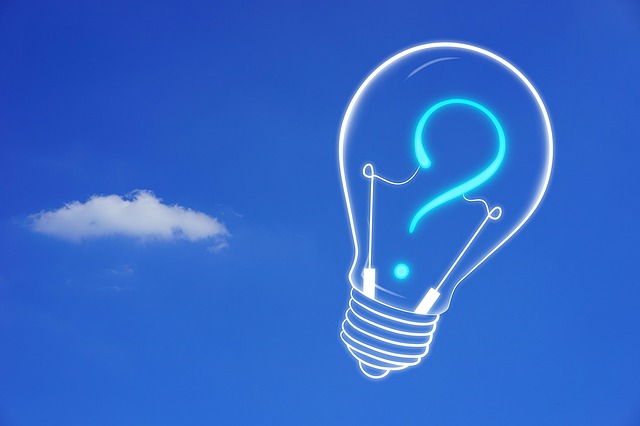What Is The Market Size Of Erp Software Worldwide?
ERP software worldwide is estimated to reach a revenue of 48.21 billion USD by 2025. This is a significant growth rate of 7.88% CAGR from 2020. In 2019, ERP implementation became one of the best practices worldwide that brought and automated the entire business operations into a simple and single solution.
What are the benefits of ERP?
Benefits of Enterprise Resource Planning (ERP) Businesses employ enterprise resource planning (ERP) for various reasons, such as expanding business, reducing costs, and improving operations. The benefits sought and realized by one company may be different from another; however, there are some worth noting.
What does ERP stand for?
Enterprise Resource Planning – ERP. Loading the player… Enterprise resource planning (ERP) is a process whereby a company, often a manufacturer, manages and integrates the important parts of its business. An ERP management information system integrates areas such as planning, purchasing, inventory, sales, marketing, finance and human resources.
What makes modern ERP software different?
What makes modern ERP software different is that it brings all these different processes to the table to collaborate and create one fluid system. Current solutions also allow each department to see what the other is doing. The result is that accounting and HR can easily collaborate with sales and customer relationships.
What is ERP in your own words?
ERP stands for “Enterprise Resource Planning” and refers to a type of software or system used by a business to plan and manage daily activities such as supply chain, manufacturing, services, financials and other processes.
What is ERP management information system?
An ERP management information system integrates areas such as planning, purchasing, inventory, sales, marketing, finance and human resources. ERP is most frequently used in the context of software, with many large applications having been developed to help companies implement ERP.
What is ERP and its types?
What is fact ERP?
What are the 5 components of ERP?
Five Main Components of the ERP system are as follows :
What makes today’s ERP software different?
What makes today’s ERP software different is that it brings all these different processes together in one fluid system. It doesn’t just offer data connectivity within your ERP system, but also within your productivity tools, e-commerce, and even customer engagement solutions.
What are the main business processes covered by ERP?
ERP can cover a lot of company functions, but some of the main business processes include: Finances. Modern ERP offers dashboards that give you an overview of your finances, so you can tap into the real-time information anytime and anywhere.
What is ERP in accounting?
What is ERP? In accounting, ERP is the acronym for enterprise resource planning. ERP could be described as a database software package that supports all of a business’s processes and operations including manufacturing, marketing, financial, human resources, and so on.
What are the benefits of ERP systems?
Furthermore, ERP systems support all aspects of financial management, human resources, supply chain management, and manufacturing with your core accounting function. ERP systems will also provide transparency into your complete business process by tracking all aspects of production, logistics, and financials.
What does ERP mean in healthcare?
What does ERP mean in science?
How ERP is used in healthcare?
Is ERP a good fit for the healthcare industry?
Again, an ERP system can be an excellent fit for all kinds of sectors including the healthcare industry. Thus, the implementation of Enterprise Resource Planning software within the scope of healthcare is indeed beneficial.
What do we mean by’medical ERP’?
Home / Selection / What do we mean by ‘medical ERP’? What do we mean by ‘medical ERP’? As a catch-all term, medical ERP largely relates to resources-oriented software systems that deliver and manage information in concert with products and services throughout the medical industry.
What is the root word of ERP?
event-related potential (ERP) Etymology: L, evenire, to happen, relatus, carry back, potentia, power. a type of brain wave that is associated with a response to a specific stimulus, such as a particular wave pattern observed when a patient hears a clicking sound. See also evoked potential.



